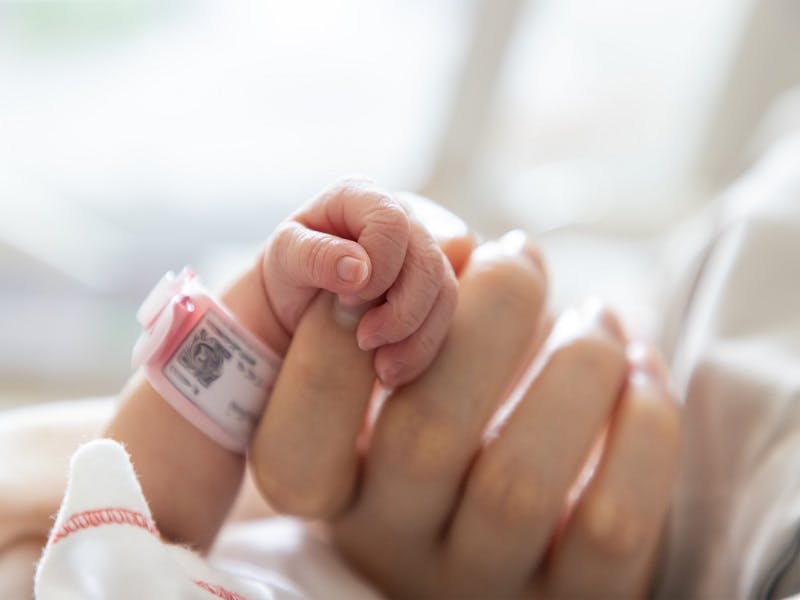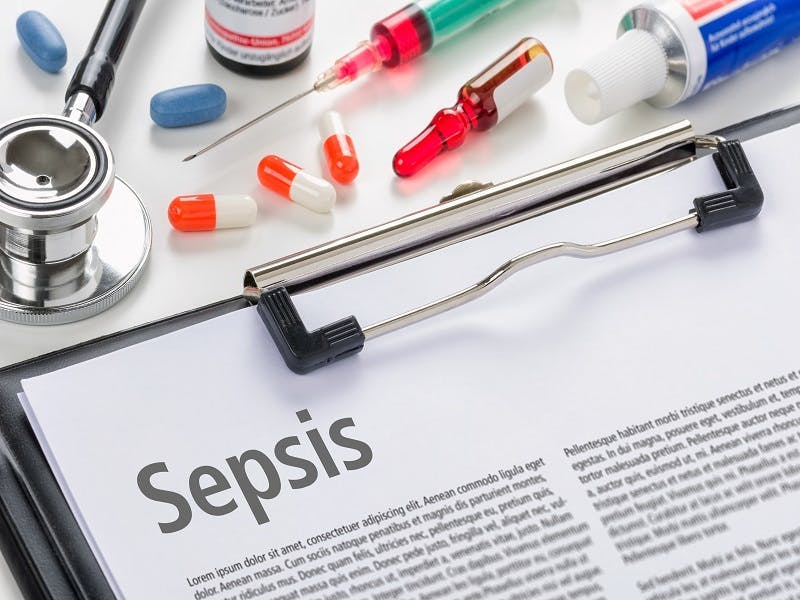Human Rights Act not used in the Gosport War Memorial Hospital inquests
By Suzanne Munroe
What difference would it have made?
One of the questions that a jury at an inquest should answer is: how did the deceased come by their death?
Prior to the incorporation of the European Convention on Human Rights into domestic law, the word “how” meant “by what means?”. This interpretation placed a focus on the immediate physical cause of the death.
In deaths where Article 2 (the right to life) applies, the question of “how” is treated more broadly, and is to be read as including “by what means” and “in what circumstances” did the deceased come by his or her death.

Background: Gosport War Memorial Hospital deaths
I have noted in my previous blogs:
- The report concluded over 650 premature patient deaths were caused by the inappropriate prescription and over-prescription of opioid painkillers
- There were failures in the early investigations into the deaths and failures concerning the inquests (set out in chapter 8 of the report).
It is clear that there were systemic failures at the hospital. For this reason there should have been a full investigation into what lay behind the deaths and the inquests should have been conducted by reference to Article 2 of the European Convention on Human Rights (incorporated into domestic law by the Human Rights Act 1998).
Why were the inquests not conducted under Article 2?
The Ministry of Justice and the Department of Health had refused requests for a public inquiry. It was therefore even more important that any inquests looked at the history of events, which dated back to 1991, in sufficient detail. The deaths at the hospital clearly raised matters of national importance.
The police had looked at over 100 deaths, however, only 11 inquests were listed for hearing, 10 together in March 2009 and then a further inquest on its own in April 2013. There were 92 other deaths investigated by the police that also required inquests to be held, but they were not reported to the Coroner at the time of the deaths.
Considering the inquests which did take place, the report has criticised the failure to conduct the inquests under Article 2.
In the early stages of the investigation it was stated that Article 2 of the Human Rights would be engaged, and it was generally assumed that the inquests would proceed on that basis. The Coroner confirmed as such in August 2007 at a meeting with the Ministry of Justice and Department of Health.
As noted in the report:
“…the position changed significantly when the solicitor for the hospital Trust contacted [the Assistant Coroner] in October 2008. This was the first of a number of telephone conversations that the solicitor for the Trust had with the Coroner in the absence of the legal representatives of any other properly interested parties. The solicitor for the Trust expressed surprise … that the Human Rights Act was engaged. All the individuals had died before the Human Rights Act had become law. The Coroner accepted, on the basis of the authority [case law] that the solicitor for the Trust had referred him to, that Article 2 was not engaged.”
According to the report, the question of whether Article 2 was engaged was first brought to the attention of the families at the pre-inquest hearing in January 2009. In response to a query from the solicitor for the Trust, the Coroner confirmed that “on the authorities, it clearly was not” .
The report notes that: “The decision on Article 2 was an important issue that should have been notified in advance to the other interested parties so that they could consider making representations.”
As the 10 inquests being held were now inquests where Article 2 was not engaged, the Coroner was only required to look into how the patients came by their deaths, and not the wider issue of in what circumstances.
In the subsequent inquest held on its own, the report notes that the issue was raised at the pre-inquest hearing in May 2011. It was said that Article 2 could not apply because the patient had died before the Human Rights Act came into force (October 2000). However, the report also notes that one week later the Supreme Court delivered the judgment in the case of McCaughey [2011] UKSC 20.
McCaughey decided that: “in respect of a death that occurred before the Human Rights Act came into force, if the inquest takes place after the operative date [2 October 2000] … then Article 2 could be engaged” .
So, although the deaths occurred before the Human Rights Act came into force the inquests took place after October 2000, Article 2 should have been engaged.
The failure to conduct the inquests under Article 2 was a missed opportunity to widen the scope of the inquests. Those decisions limited the extent and scope of the inquests. It restricted the witness evidence that was called, and limited the questions to be considered by the jury when reaching their verdicts.
Read more:
- For a copy of the report, click here.
- Gosport hospital deaths: Prescribed painkillers ‘shortened 456 lives’ (BBC, June 2018)
- Gosport hospital: more than 450 patients died due to opioid drugs policy (The Guardian, June 2018)
- Gosport hospital deaths: how victims’ families were let down for 20 years (The Guardian, June 2018)
The medical negligence team at Switalskis can assist with cases relating to Gosport War Memorial Hospital and can offer advice and assistance if the coroner decides to hold an inquest. Call us on 0800 138 0458 or email help@switalskis.com




